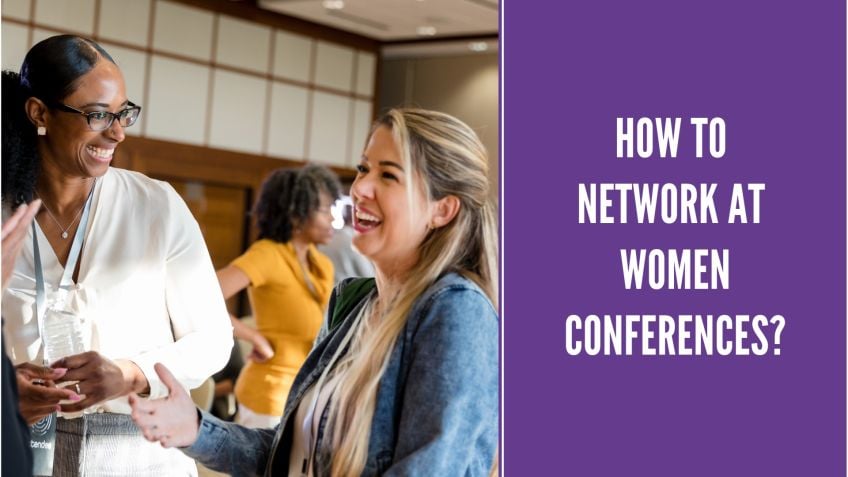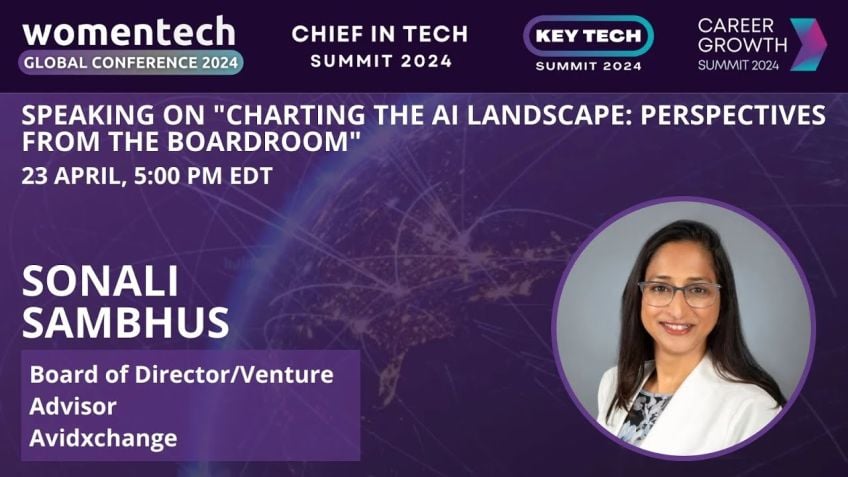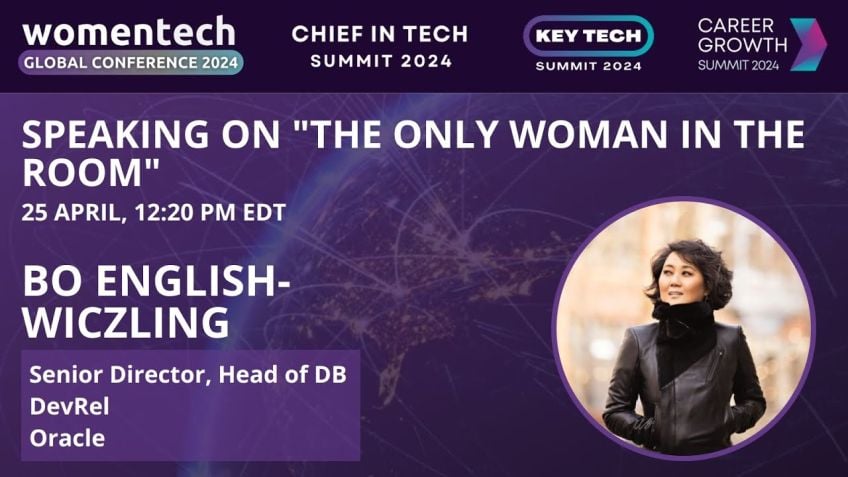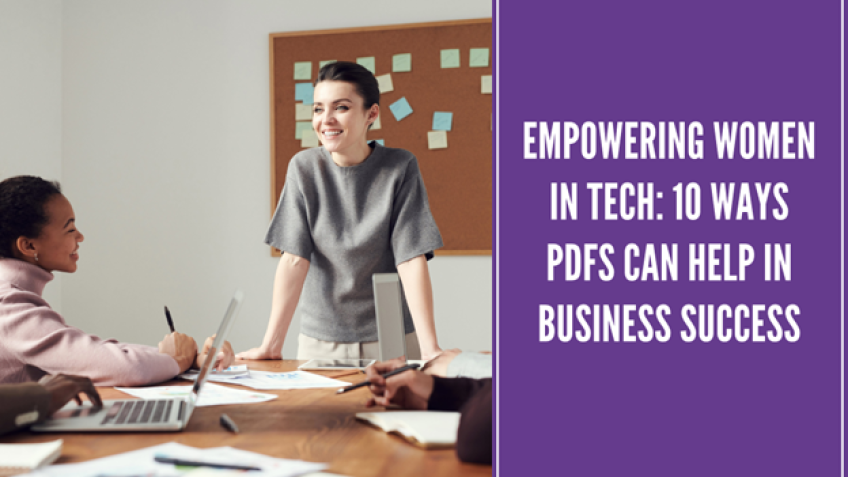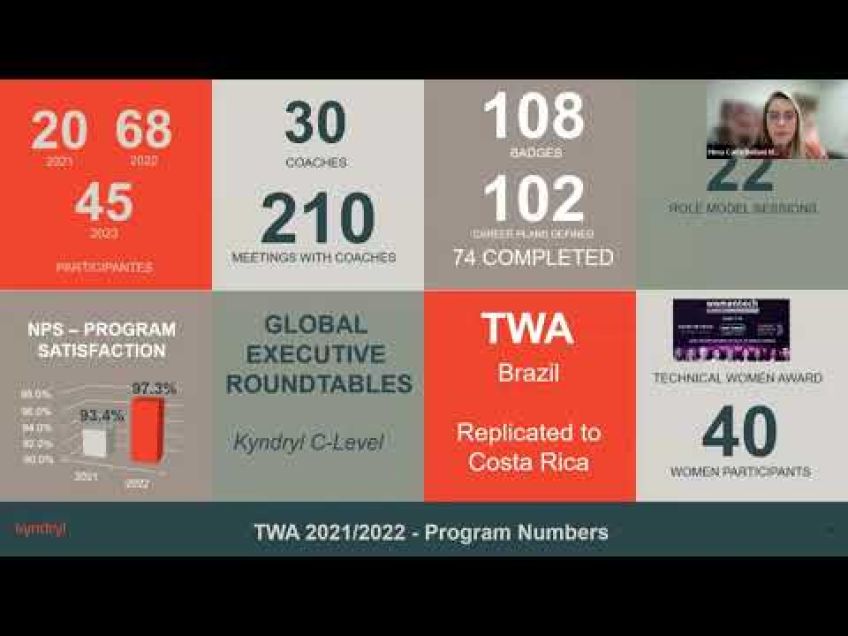Edwige A. Robinson As triple minority leader in Tech - Navigating the Technology Realm (8874)
Welcome to the Woman in Tech (WiT) Campfire: Conversations for Navigating the Tech Field
Join me, Edvige Robinson, Vice President of Engineering Services at Comcast NBC Universal, as I share my riveting journey from West Africa to the heart of the tech world, coupled with invaluable advice for navigating the technology field.
Growing Through Adversity: My Backstory
I come from the a, a beautiful country in West Africa, where poverty is the norm. Being a teen parent, I was discarded and considered another statistic. However, I rejected this narrative, bravely fighting adversity to climb every mountain to stand where I am today. I arrived in the United States back in 1998 with one suitcase in one hand and an English dictionary in the other. After taking English classes while holding down two or three jobs, I entered the tech field, slowly working my way up to where I am today.
Not Just a Job, But a Mission: Comcast NBC Universal
At Comcast NBC Universal, I am part of a global team of over 130,000 employees, creating state-of-the-art technology and new apps that impact our customers' lives. It is here that I truly grew into the title of Vice President, using my passion for technology to drive significant changes.
Lessons from My Journey in Tech
Throughout this incredible journey, there are numerous life lessons I've learned.
- Attach yourself to the Organism: Understand that you cannot make changes as swiftly as you'd like when you arrive. It's crucial to understand the environment before making changes.
- Speak Up: Be prepared to handle microaggressions, which are a part of everyday life, especially for minorities. Stay calm and respond respectfully.
- Ask for What You Need: If you don't ask, the answer is always no. Always be ready to ask for support.
- Embrace Being Different: Define your brand and pay attention to your energy. Your experiences and who you are is your competitive advantage.
- Build a Network: Build meaningful connections. Success is achieved collectively, not in isolation.
- Visualize the Consequences: Prior to making a decision, consider the potential outcomes in the immediate and long-term future.
Dream Big
Finally, the biggest lesson is to dream big. Most people are afraid to dream big because this uncovers the gap between where we are and where we want to be. But remember, the goal is not to aim too low and hit, but to aim high and miss. Visualize success, embrace failure as a learning opportunity, stay tenacious, and have the courage to embrace change.
Listening, Learning, and Engaging
I am looking forward to answering your questions, engaging in insightful discussions, and connecting with you further.
- For students in college, leverage the level playing field due to COVID-19. Use the opportunity to connect with key people via online platforms.
- When building relationships, seek out effective communicators and leaders. Offer your support in their projects to build trust and mutual assistance.
- When faced with a "no", consider this as a lack of data. Always ask what additional information is needed to turn the "no" into a "yes".
An Invitation to Connect
In conclusion, I invite you to not shy away from difficulties, but rather embrace them. Always remember, courage is a muscle - the more you exercise it, the stronger it becomes! Feel free to connect with me on LinkedIn or via my website at visrobinson.com. Until we meet again, thank you for being a part of this amazing session.
Video Transcription
Let's go and get started. Welcome. I would like to take the next few minutes to introduce myself. I am Edvige Robinson, Vice President of Engineering Services at Comcast NBC Universal. Welcome to this amazing session.I hope that you would take away some tangible advice that you can use right away. You see growing up, I used to be close to my grandmother sitting around a fire and she would tell amazing and authentic stories. So today I want to invite you to our woman in Tep camp fire. Let's have an authentic conversation about what it takes to navigate the technology field. And I want to invite you to get closer to the fire, listen and take what you need. I'm originally from the a, a beautiful country in West Africa and fortunately where poverty is part of a norm. Early on, I had to learn that courage is not an option. It's the only choice that I have and that became true for me. As a teen parent, I was discarded, I was considered as another statistic, but I refused the narrative. I said no to that narrative. I have to overcome an array of adversity and climb silver mountain and overcome tremendous amount of adversity to become today as well. President at Comcast NBC Universal. Many ask me what it takes from the point of view, from Comcast and from the technology point of view, the importance that we add into Comcast.
So our Comcast are focused on XT mobile where I add a tremendous value proposition to our offering to our customers. We are over 130,000 employees around the world. We provide amazing technology and new apps. So people usually ask me a made it to vice president at Comcast NBC Universal. I want, I want to invite you to get closer to the fire because I want to have that genuine conversation with you. I arrived in the United States back in 1998 with one suitcase in my right hand in my left hand of English dictionary. I had a paper with the address where I needed to go. So scared I got into the cab. I had to quickly find my way in and assimilate to the technology but to also understand what it takes to assimilate to English. I had to take English classes at time. I had two or three jobs so that I could send money back home to take off. My son is, is doing those English classes that one professor told me about a class and that I could take that allowed me to have a third job working from 3 p.m. to 2 a.m. every morning. And that job was the stepping stone for me to get into the tech field. I was the only female there and nobody want to do that job.
So, but saying yes to what was scary at the time, I was able to enter the tech field by learning how to put cable together and computer together. I was able to not only learn to build cell site but also learn how to develop network services for key providers such as Noel AT&T Verizon Wireless and Sprint. And after being in the field for over 6 to 7 years, I wanted to come in the inside the building and work on the business side. And they told me no, they told me you too rough on the edges. You need to go back to school and probably get your bachelor. I say, ok, no time for excuses. I went back to school in the middle of everything to not only obtain my bachelor in engineering but to also get my MB A. And along the way, I fought hard with my leadership to take some training from Harvard and Wharton. Why am I sharing this with you? Because success requires sacrifice. You have to decide what you are willing to give up. I was willing to give up comfort. I was willing to give up sleep. I was willing to give up time with my family to do what it took in order to get on the other side.
So what I've learned along the way and I hope that you can use some of those nuggets and tips in your toolbox as you move along in your career. The first thing is you need to attach yourself to an organism. You need to understand that you cannot make changes as soon as you arrive somewhere, you have to understand a ticking avent humming and only then you can make changes. You need to be prepared to speak up. Macro aggression are part of our everyday life, especially if you're a minority. And macro a are the sole insult that you have to deal with sexism and racism that you have to deal with every day. Very like a small paper cut. The first one doesn't hurt as much, but multiple paper cuts start to have an impact. So the microaggression goes like this for me. If I have a dollar for every time somebody would tell me to, you know, this question, I will be a millionaire by now. I always often hear for someone from Africa, you speak excellent English. What does that actually mean? But I learned to remain calm and I usually provide an answer like this. I said, thank you. And I hope I was born here. However, I've been taught to be wobbly and that I speak several languages. I smile and I walk away or you're in the middle of the meeting and somebody constantly cut you off. Or trying to explain what you're trying to say.
So it would go like that or what vis is trying to say what Anna is trying to say, what Beck is trying to say. So you have to remain calm and you use something along those lines. Actually, if you give me a moment, I would like to elaborate on my point or I would like to elaborate on my comment or I would like to elaborate on my recommendation. So it's very important that you find a way to have one of those two sentences ready for you to go so that you, you be ready to respond to it. So you don't have to address every single one of them because you have to learn to choose your battle. You need to be ready to ma but you have to remember that you are building trust and credibility as you go. So remember in order to reach your destination, you cannot stop and throw stone at every dog that box, you have to think twice and pick your battles. This one is very important to me. I'll share that with all my mentee all the time. Be prepared to ask for what we need. If you don't ask, the answer is immediately no complaining about something is not asking, forget to provide hint to people. You need to be ready to ask for what you need.
If you need support from someone, ask for that support and you probably would get to know, but you need to go back to it. The reason why I was able to get those leadership certificate from Harvard and Wharton is because I was willing to sit down with my leaders and ask them for those classes. At first I say no, but eventually say yes by providing more data points. So I dare you to try to ask for what you want. You will be surprised, you may get it. Embrace being different, define your brain and pay attention to your energy. Your brain is so important. It's a unique combination of your experiences and who you are. It is your critical competitive advantage that you have. So for me, I don't let people define who I am. I let them know what I stand for. I am a person of excellence, high integrity and optimism even in my signature at work. I am sure that I convey that so that people know what I stand for. So focus on your brand and define your brand if we don't define it, but we define it for you, build a network of women and support partner, ensure that you build meaningful connection to like for example, in this conference, after connecting with everybody on linkedin, follow with, follow up with them, see what they do and then be interested in the activity that they're doing so that you can kind of like help them.
So I want to ensure that you have to, you have to go above and beyond. It's gonna take time, it takes investment to make those connections so that you can build your own board of director. Nobody succeed alone, nobody make it to the top alone. You need support, you need help and you need to make the investment in order to build it. And verse one is something as leader that most of us don't think about. But I I learned throughout the year that it's very important to visualize the sequence of the, the sequence of the consequences of before you make a decision. So before you make a decision, think of how this decision gonna manifest itself in the next seven days in the next seven months in the next seven years. So that allows you to think twice before you make decisions. So that information allows you to avoid making tremendous amount of mistake. Finally, I'm very close to this one which is you need to dream big. Most of us are scared to dream big because as soon as we dream big, we're going to find out the gap between where we are and where we want to go, I love is good.
The greatest danger for most of us is not to him too high and we miss it, but it is to him too low and we reach it. So I want to invite each one of us to have the courage to a high, to have the courage to embrace failure because it is part of the learning process to have the courage to be strong and make up your mind. Because the goal is going to get tough and make up your mind that you won't give up. And to have the courage to embrace change. And reframing change to me means growth, change, to mean means it's time to pivot, it's time to adapt. So embrace that courage every day. So let's bring everything together, attach yourself to the organism. When you arrive, be prepared to speak up, choose your but wisely be prepared to ask for what you need. Embrace being different, define your brain and pay attention to your energy.
More importantly, build a network with other women and success partner. And before you decide something, think of the consequences of it before you do it and finally have a courage to aim high. The door of the courage is on the inside. Nobody can open it for you but you. So I wanted to go a lot quicker so that I could give it some time to answer some questions. But this is me. I'm a child of God that never gave up. And I believe that I believe that courage is like a muscle, the more you aqui it, the stronger it becomes. So I invite you to not shy away from courage to not shy away from kitten. And I believe in life. The only courage that we need is the courage to follow a dream. Thank you. Now, we'll be ready to take some question and some, you know, I will be able to take some question if you have any. Let me read some of the comment. OK? I would love to hear from you and know if you have any question, any comment. Well, it was a pleasure to talk to you today and thank you so much for making time. I believe I have like for student in college, I will basically, I get a quick question for student in college, for students in college. One of the main advice I give is to take advantage of the level field that we have today, COVID-19.
Just a level of playing field. Everybody is at home. This is an opportunity for you to connect with key people on, you know, not only, not only in here but on linkedin, try to connect with people on Microsoft, try to reach out because everybody right now they're at home at home right now. They're available. You can reach out to them. You can actually set up key conferences in order to talk to them one on one. And you will be surprised of the amount of advice and guidance that you would take. Courage is something that you have to. It's, it's not something that you save for a rainy day. It's something that happened daily that you have to deal with daily. And I'm hoping that if any college student want to talk to me. I'm available. I can put my information here. So if people want to reach out to me and connect with me, they can um let me make sure I put that here to find mentors. Thanks for this. I have a question to find mentors. The key thing. If you have to, when you go to meeting, there's those great people that you see, you know, that, you know, better one in a meeting that quickly bring everybody back. When everybody divert. Those are the people that you want to talk to.
After the meeting, you want to talk to them and say, hey, you know what? I really enjoy the way that you had a meeting. I really enjoy the way that you were talking and I would love to connect with you. This is how you build a relationship and then you try to figure out what they need, help with. Usually people are working on different projects, you may be willing to provide them the support that they need. And it has been very successful for me. In the past, I will always come across some, especially when somebody acted in a way that I want to emulate in a meeting. I would go to that person and basically first say thank you and then tell them that I would love to stay connected with them and sh share with them some key tips and I'll stay connected so that we can help each other. I think we may have a few more minutes and trying to see here when, when somebody tells you no, one of the key thing is to go back with data. So usually you have to be ready because people would say no, this is what some people do where we say no, regardless of what's going on. So you have to be ready to share additional data.
You have to be trying to understand what does you need from me in order to make that informed decision. What additional data I need to provide to you so that you can make that decision. So usually to me, no means I didn't provide enough data. It doesn't mean I I will go back and then try to ask a person, what did we take to get the yes from you. What it would take for me to get you from A no to a yes and provide those key information so that a person can move from a no to a yes. I don't know you. Excellent. So I hope that I was able to answer your question. I hope that this session was useful to you and please connect with me on linkedin or on my website at vis robinson.com. And I hope that we, you know, I see you soon. I don't know if Lisa's still here, Lisa, did you receive any other questions for me? OK, so thank you so much and I look forward to meeting many of you guys and um I look forward to meet with many of you guys in the future. Thank you so much. Take care. Bye bye.

